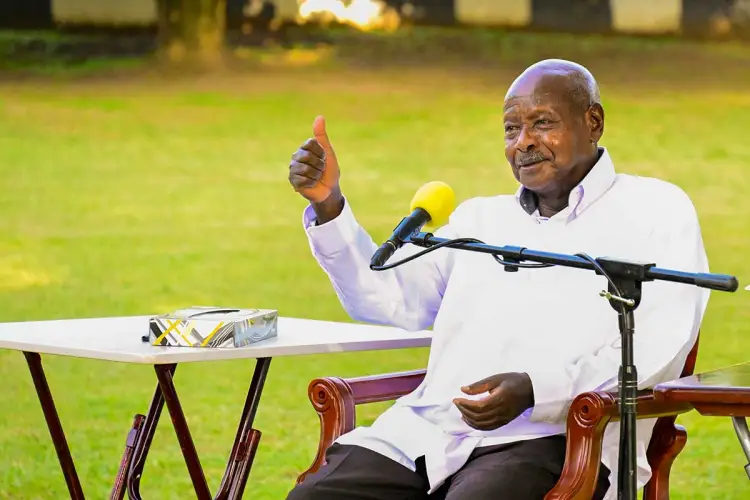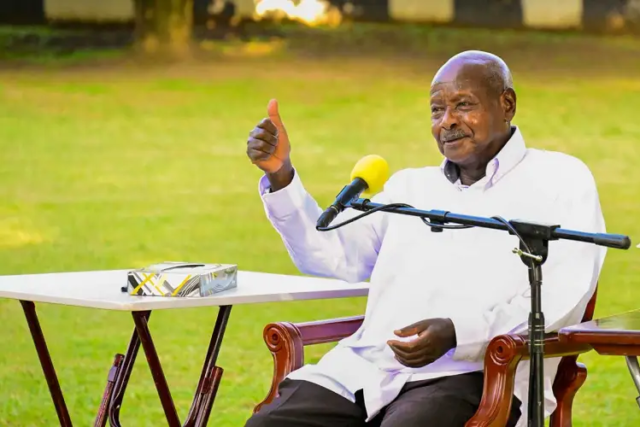
The Uganda Editors’ Guild (UEG) has announced a temporary lifting of their boycott of coverage of government activities over the presidential directive to ring-fence government advertising to its own media outlets.
According to UEG, this is to allow chance for a meeting between President Museveni, the Prime Minister and the media owners.
“The Guild welcomes the invitation to find a more feasible solution to the problem and has accepted the invitation to attend these discussions. As a mark of commitment to press freedom and reconciliation, the Guild therefore announces the temporary lifting of the boycott on government press briefings and coverage with immediate effect,” UEG Secretary Sylvia Nankya said in a statement issued on Monday, July 31, 2023.
“We thank President Museveni for asking to meet industry players on 10 August, and look forward to an amicable settlement. We believe that progress is best achieved through cooperation and dialogue, free from any duress or coercion. By lifting the boycott, we demonstrate our commitment to finding a resolution that benefits all stakeholders and safeguards the democratic principles that define our nation,” she added.
Last week, the Uganda Editors’ Guild (UEG) announced a boycott of all government press briefings by the private media houses until the presidential directive on channelling all government advertising to UBC and New Vision is reversed.
On March 6, 2023, President Yoweri Museveni directed that all government advertising be channeled solely through the Uganda Broadcasting Corporation (UBC) and Print media through the New Vision (NV). The directive was further reinforced by the Permanent Secretary of the Ministry of Finance on July 10, 2023, during the release of funds for the first quarter of the current financial year.
But the editors say this directive results in an unfair and discriminatory practice that is detrimental to media freedom and the equitable distribution of public funds.
“The directive to exclusively utilise UBC and NV for government advertising infringes upon Article 21 of the Constitution of Uganda, which strictly abhors discrimination based on social, religious, and economic standing, among other criteria. Such a move is in violation of the liberalized economy trajectory adopted by Uganda in the 1990s, where public agencies are expected to compete fairly with the private sector for revenue and government business,” they said.






